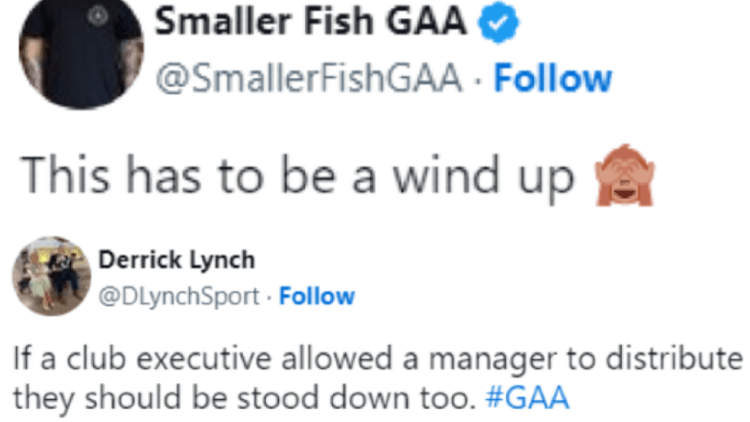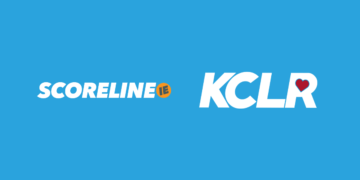In the realm of the GAA, where amateurism is not just a tradition but a cornerstone, the introduction of an audacious player’s charter by a particular club has sent shockwaves through the GAA community.
This controversial set of rules, aimed at elevating commitment levels, has ignited a passionate debate among fans who are grappling with the clash between tradition and the evolving demands of modern sports.
The GAA, built on the principles of community, amateurism, and a love for the game, has always prided itself on being distinct from professional sports. The recent player’s charter handed out, however, challenges this status quo, pushing the boundaries of commitment expected from amateur players.
- 1. Anyone planning trips to Australia \ America and Canada etc for the summer can’t be part of the senior panel for 2024
- 2. No holidays during the championship (June – Oct) unless approved by management and the leadership group. Unapproved holidays means suspension or removal from the panel.
- 3. No drinking during the championship (June – Oct) unless approved by management and the leadership group Unapproved drinking means suspension or removal from the panel.
- 4. Pre-Christmas individual running I conditioning program for listed training panel. All needed to be logged on the App.
- 5. Jan – March (collective running and S&C work). Mandatory attendance and Fitness test markers (pre-middle and end).
- 6. Logging of activity on the app for all (all other panel members) on a consistent basis > 90%
- 7. Commitment to treating League 2024 like a championship in all aspects of prep.
- 8. Commitment by the team to lead the team fundraising activity (15k) and to players’ training fund thereafter.
- 9. Commitment from Dublin \ Limerick lads to attend training once a week come Jan.
- 10. No other sporting commitments past June. Soccer, Golf, Rugby, athletics etc
- 11. Commitment to train at the highest levels. ALL of the time.
- 12. Commitment to achieving fitness and conditioning targets as set down by Management.
If a club executive allowed a manager to distribute this, they should be stood down too. #GAA pic.twitter.com/RSYMZioHQp
— Derrick Lynch (@DLynchSport) November 26, 2023
Restrictions on Summer Travel, Holidays, and Sobriety Mandates During Championship Season
One of the most contentious clauses in the charter stipulates that any player planning trips to far-off destinations like Australia, America, or Canada during the summer is ineligible for the senior panel in 2024. This restriction, seen by many as an overreach, directly clashes with the amateur ethos of the GAA, where players traditionally balance their commitment to the sport with personal pursuits.
The charter’s ban on holidays during the championship season (June – October) has stirred controversy, as fans argue that the GAA is a pastime that should not dictate players’ personal lives to this extent. The prohibition on drinking during the same period, unless approved by management, is perceived by some as an attempt to impose a professional sports mentality on players who, by definition, are not paid for their dedication.
Intensive Training Programs and Monitoring
The emphasis on individual conditioning programs before Christmas and collective running and strength training from January to March, complete with mandatory fitness tests, raises questions about the toll it may take on players, who, as amateurs, have other commitments beyond the GAA. The logging of all activities on an app, with a stringent requirement of over 90% compliance, is viewed by some as an invasion of privacy. The charter’s call for players to treat the league season like the championship, coupled with the expectation that the team leads a substantial fundraising activity, adds a layer of responsibility that some argue is disproportionate for amateur athletes. The call for Dublin and Limerick players to attend weekly training sessions from January onwards has also sparked controversy, with critics suggesting it may place an undue burden on players from these regions, given the distances involved.
A Balancing Act
As fans voice their concerns over what they see as a departure from the GAA’s amateur spirit, the bold move prompts a reflection on the evolving nature of sports commitment. Can a sport, deeply rooted in the community, find a middle ground between tradition and the demands of contemporary competition? Only time will tell whether this controversial player’s charter will reshape the landscape of amateur GAA or serve as a cautionary tale in the annals of the sport’s history.



